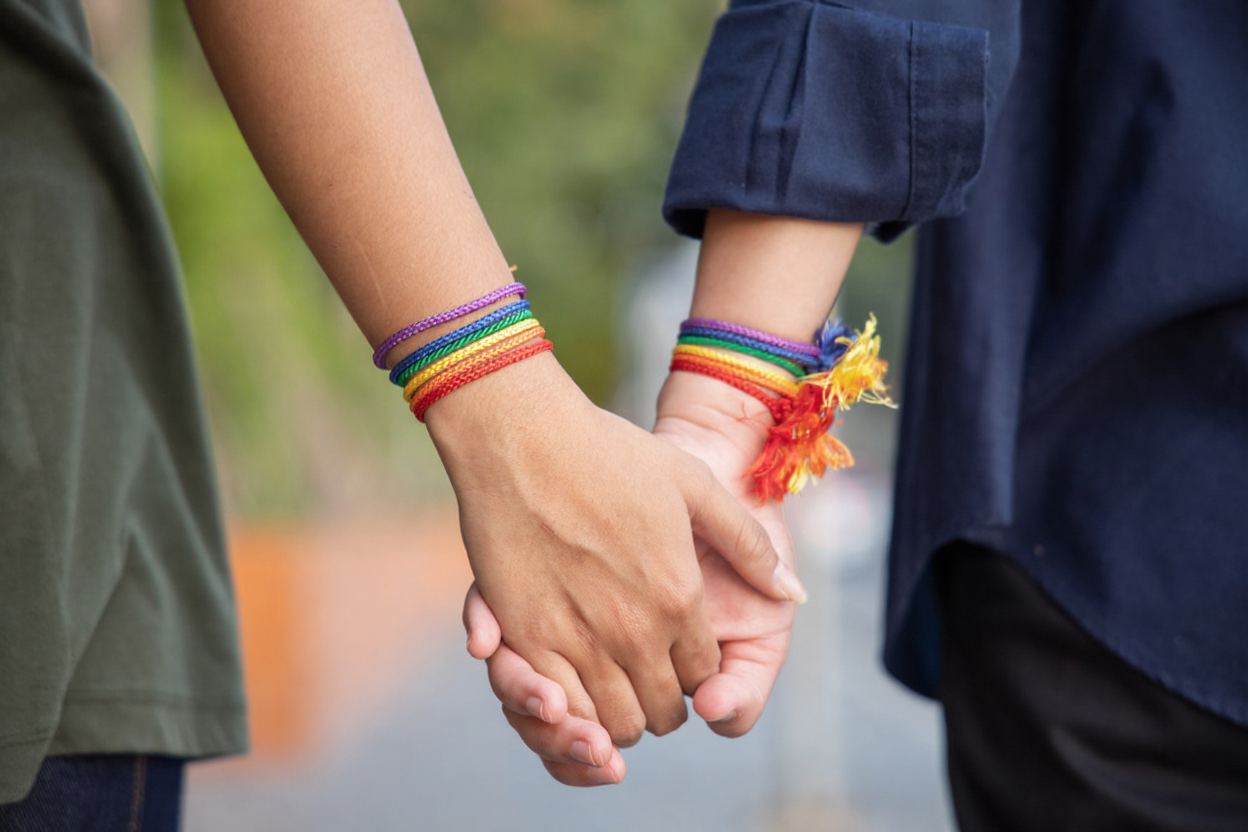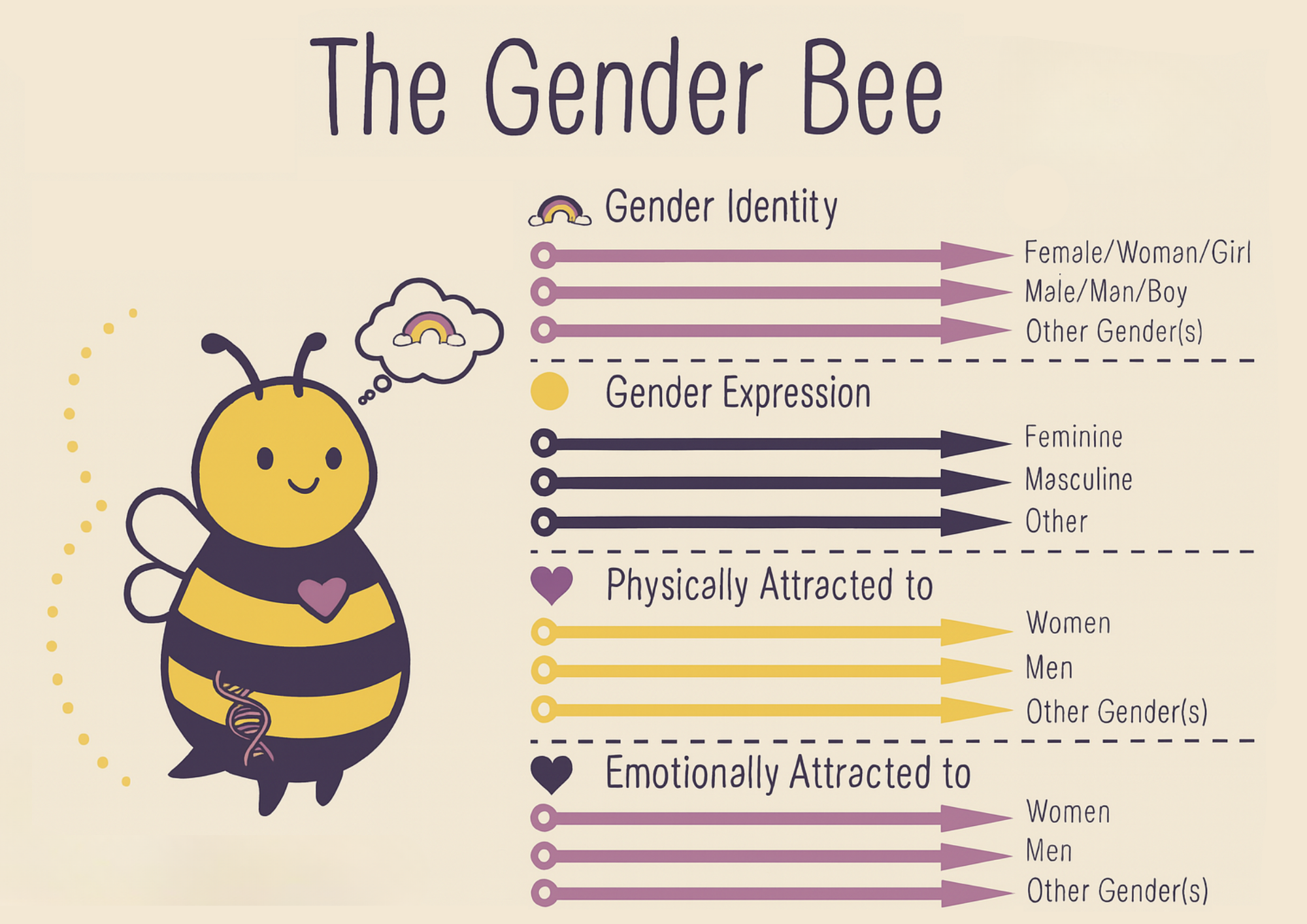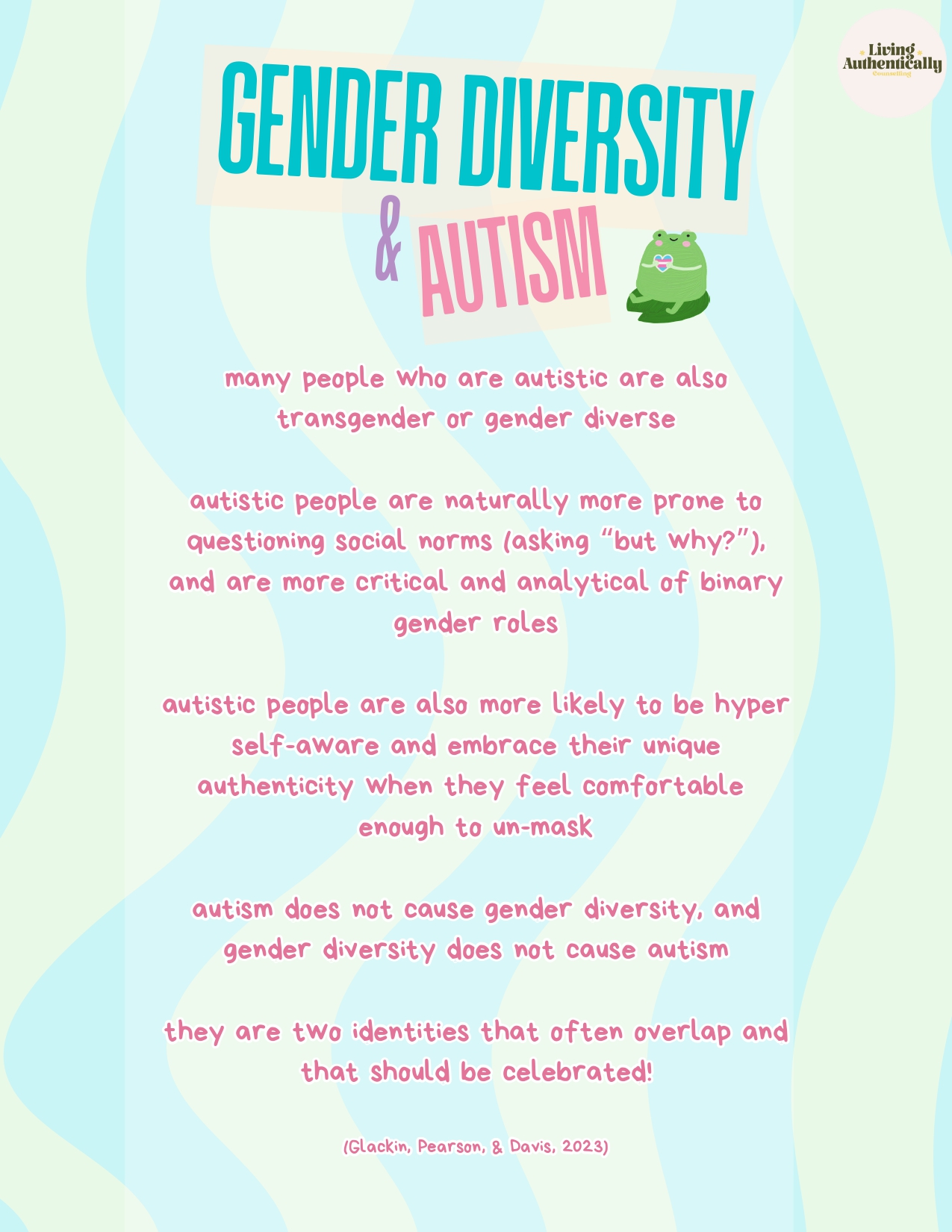Queer, Proud & Disabled: Let’s Talk About Sexual Health and Wellness

When we talk about sexual health and wellness, people with disability are often left out of the conversation, and even more so if they’re part of the LGBTQIASB+ community.
But here’s the truth: queer people with disability deserve to thrive, and deserve access to the same joy, pleasure, and rights as everyone else. In Australia, new research is shining a light on what happens when ableism, homophobia, and transphobia intersect and how we can change that.
The Overlooked Intersection
A 2023 report from La Trobe University’s Australian Research Centre in Sex, Health and Society (ARCSHS) found that LGBTQIASB+ people living with disability often face double the barriers, not because of who they are, but because systems aren’t built with them in mind.
Many said they feel invisible: too “queer” for disability spaces and too “disabled” for queer spaces. That kind of exclusion can make it harder to find connection, relationships, and affirming healthcare. Despite the barriers, many find creative, powerful ways to express intimacy, build community, and take pride in their identities.
What the Research Shows
Here’s what Australian studies and community reports are telling us:
- Data gaps are real. We don’t have enough national data about queer people with disability, which makes it hard to design the right services.
- Access isn’t equal. Services like PrEP clinics, sexual health education, and therapy aren’t always physically or socially accessible.
- Violence and discrimination are higher. The Australian Institute of Health and Welfare found adults with disability are more likely to experience sexual harassment or unwanted touching and this risk is amplified for LGBTQIASB+ people.
- Gender-affirming care is still limited. Long waitlists, high costs, and lack of trained providers make it harder for trans and gender-diverse people with disability to access the care they need.
- Community connection matters. Studies by Western Sydney University show that when queer people with disability feel affirmed and supported, their sexual wellbeing and confidence improve dramatically.
Sexual Wellness Is a Right, Not a Privilege!
Sexual health isn’t just about avoiding infections or seeing a doctor. It’s about autonomy, pleasure, and connection.
For queer people with disability, that means:
- Having access to sexual health clinics that are actually accessible
- Being seen as sexual beings, not desexualised or infantilised
- Having information in accessible formats including Auslan, Easy Read, and tactile resources
- Being free to explore identity, desire, and intimacy safely and joyfully
As one ARCSHS participant put it: “I just want to be seen as a whole person - queer, disabled, sexual, and proud.”
Building a More Inclusive Future
Here’s what we can all do as community members, allies, and health professionals:
- Talk openly about sex, pleasure, and bodies in ways that are inclusive of disability and queerness
- Support inclusive services
- Advocate for policy change more funding for accessible sexual health clinics, gender-affirming care, and disability-led education.
- Celebrate disabled queer joy online, in art, and in everyday conversations.
Queer people with disability deserve more than visibility! They deserve full inclusion, respect, and access to the pleasure, intimacy, and connection that define sexual wellness. This isn’t just about healthcare. It’s about human rights, joy, and dignity.
Because everybody, disabled, queer, trans, intersex, or otherwise, has the right to feel good, be safe, and be loved. 🌈
Learn in a space where your questions are welcome
Join live sessions or watch on demand — all created by professionals who understand the real-world challenges of exploring sexuality, identity and connection.
- Sexuality & identity
- Consent & communication
- Relationships & intimacy
- Confidence & self expression
- Disability & sexual wellness
- Support & education for carers



